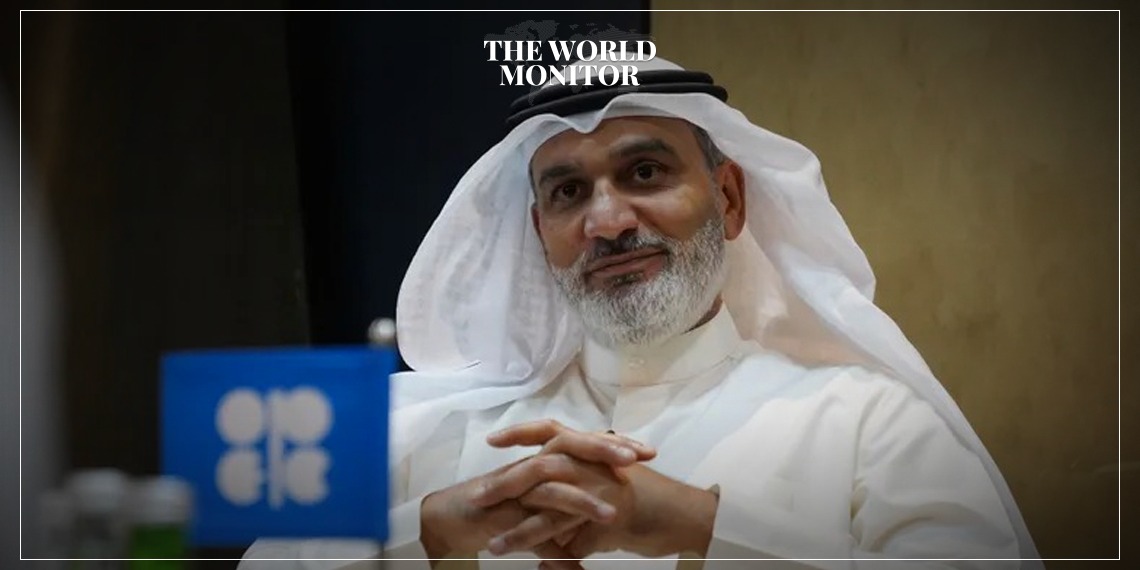The Organization of the Petroleum Exporting Countries (OPEC) is set to participate in the United Nations Climate Conference, COP28, which is scheduled to be held in Expo Dubai and run until December 12.
COP28 is expected to attract unprecedented attendance, with delegations from 200 countries and around 70,000 people.
OPEC will have a special pavilion in the Blue Zone during the conference, marking the first time in history the organization has established such a presence at a global forum.
The pavilion aims to inform visitors about the achievements and activities of member countries in reducing emissions in the oil industry.
OPEC Secretary-General Haitham Al-Ghais commented, “In recent years, oil has received significant global attention, especially with increasing discussions about climate change and energy transitions.
Unfortunately, this has led some to question the oil industry’s rightful place at the discussion table, resulting in a misguided and dangerous notion of a competition and conflict between the oil and gas industry and renewable energy.”
Al-Ghais emphasized that OPEC does not subscribe to this incorrect notion for several reasons:
Many materials derived from crude oil and petroleum products are used in the production of essential components for wind turbines, solar panels, and lithium-ion batteries.
The world will continue to need oil and petroleum products for many decades while renewable energy sectors evolve.
Al-Ghais also pointed out that calls for stopping investments in the oil industry and redirecting capital to other sectors are ongoing, highlighting a confusing contradiction in promoting investment in one sector while advocating for the cessation of investment in the industry that produces its necessary materials.
He further explained, “Demographic and economic changes expected over the coming decades indicate an inevitable increase in demand for crude oil and petroleum products, necessitating additional investments to secure supplies.”
According to OPEC’s “World Oil Outlook 2045,” the global population is expected to increase by 1.5 billion, and the world economy is projected to double from its current size, leading to a 23% rise in energy demand and a global oil consumption increase of over 16 million barrels per day above current levels.
Al-Ghais stressed the importance of securing around $14 trillion for investment in various oil industry activities by 2045 to meet this growing demand.
He concluded by emphasizing OPEC’s commitment to securing the world’s energy needs in a safe and clean manner.
The member countries have been investing in both the oil industry and renewable energy sectors and are adopting many initiatives to generate renewable energy, like solar and wind power, as well as investing in modern technologies to reduce emissions, such as carbon capture, utilization and storage, circular carbon economy, and hydrogen production.
“Given the oil industry’s rich history of achievements and technological innovations, it can play a pivotal and positive role in making COP28 a success. Therefore, OPEC invites all parties to work together to meet the world’s future energy needs and reduce emissions simultaneously,” stated Al-Ghais.
Finally, Al-Ghais expressed his pleasure that the United Arab Emirates, an OPEC member state, is hosting the 28th Conference of the Parties to the United Nations Framework Convention on Climate Change (COP28), tackling several crucial issues.
The UAE is renowned for its excellence in energy, environmental conservation, and international cooperation, making it an ideal host for this significant event. “OPEC fully supports the UAE in hosting COP28 and wishes for the success of this global conference,” he added.






